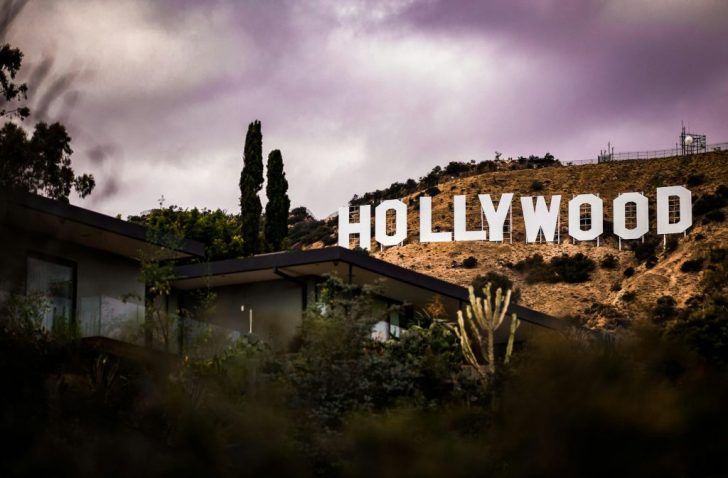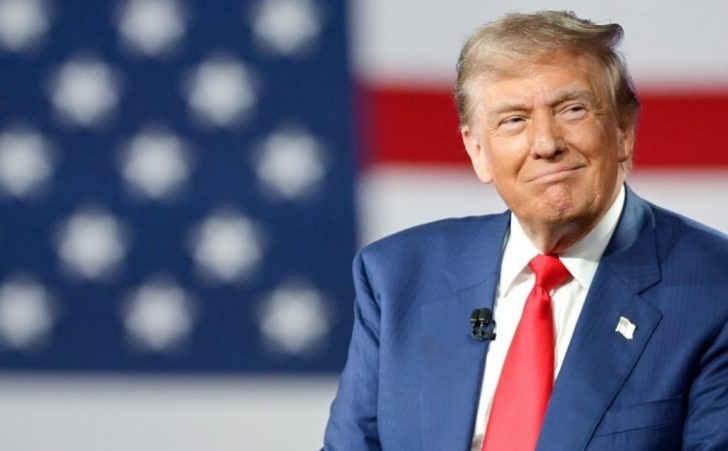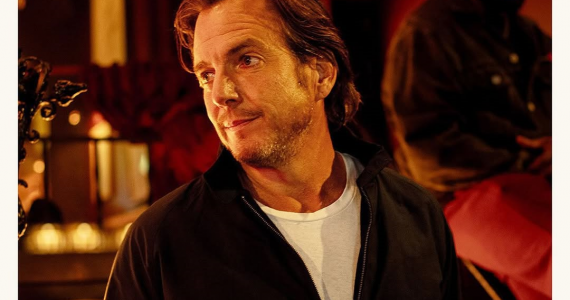Trump’s tariffs are usually about steel or cars. But this time, the President went after Hollywood as well. Over the weekend, President Trump dropped a bombshell: A 100% tariff on foreign-made films. No warning, no fine print. Just a blunt shot across Hollywood’s bow.
The entertainment industry, usually on the periphery of trade war talk, suddenly found itself on center stage. Within hours, Netflix stocks dipped, industry execs panicked, and Twitter lit up with confusion. By Monday, the White House backpedaled. No tariff after all. But the damage and the message were clear.
Trump’s tariffs, usually wrapped in red, white, and blue for rust-belt appeal, had veered into unexpected territory. For once, this wasn’t about factories or smokestacks. It was about scripts, studios, and streaming. And Hollywood wasn’t ready for it.
Trump’s Tariffs Aren’t Just for Factories Anymore
Trump’s tariffs have always targeted traditional manufacturing. Think steel, coal, and cars, old-school industries that built America’s muscle and now symbolize its economic nostalgia. Trump talks about them like sacred relics. He frames tariffs as protection for these “lost” industries, a push to revive domestic production, and crush trade deficits.

Hollywood is not bleeding jobs to foreign competition in the same way steel towns are. So, why go after it?
The Answer Lies in Politics
Trump’s swipe at Hollywood was not about fixing a broken trade model. It was about flexing political muscle. Hollywood has long leaned liberal, often positioning itself as Trump’s cultural nemesis. So, a tariff threat, even if symbolic, serves as a jab to a perceived enemy.
A warning shot cloaked in economic language. The president knows tariffs rile people up. He used them with China to stir nationalism. He used them with Mexico to stir fear. Hollywood, with its global footprint and progressive swagger, was ripe for the same treatment.
Hollywood’s Global Game Makes It Vulnerable
Despite its dominance, Hollywood doesn’t make most of its movies in Los Angeles anymore. Production has scattered across the globe. Countries like Canada, the UK, and New Zealand offer juicy tax incentives. Labor costs less. Regulations are looser. The result? American stories shot on foreign soil.

Studios are not leaving out of patriotism. Instead, they are chasing profit, and tariffs won’t reverse that trend. They will just raise costs and complicate deals.
A Tariff on Culture Is a Different Fight
Most of Trump’s tariffs target physical goods. Lumber. Steel. Cars. Something you can weigh or ship in containers. But entertainment is different. It is a service and a culture. You can’t slap a barcode on a screenplay. And services, by the numbers, are a bright spot in America’s trade balance.
The U.S. runs a $300 billion surplus here. Messing with that makes little economic sense. Imposing Trump’s tariffs on foreign films wouldn’t stop outsourcing. It wouldn’t bring jobs back to L.A. It would punish companies importing content, some of which are American. Netflix, for example, buys foreign content to appeal to global audiences.
Within 24 hours of the announcement, the White House reversed course. There was no tariff, no timeline, just silence. It felt like a trial balloon that popped too early. Maybe the markets flinched too hard. Maybe industry lobbyists made calls. Or maybe Trump got what he wanted: headlines.




